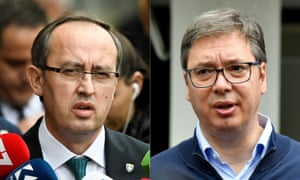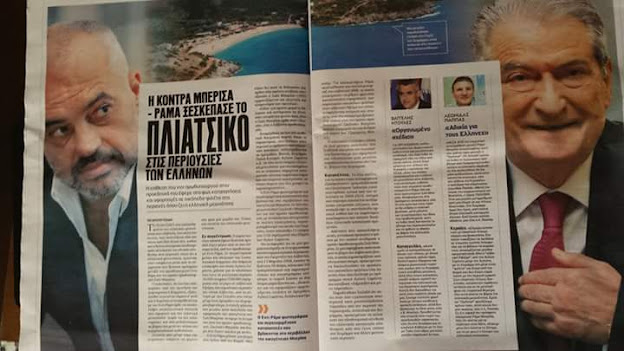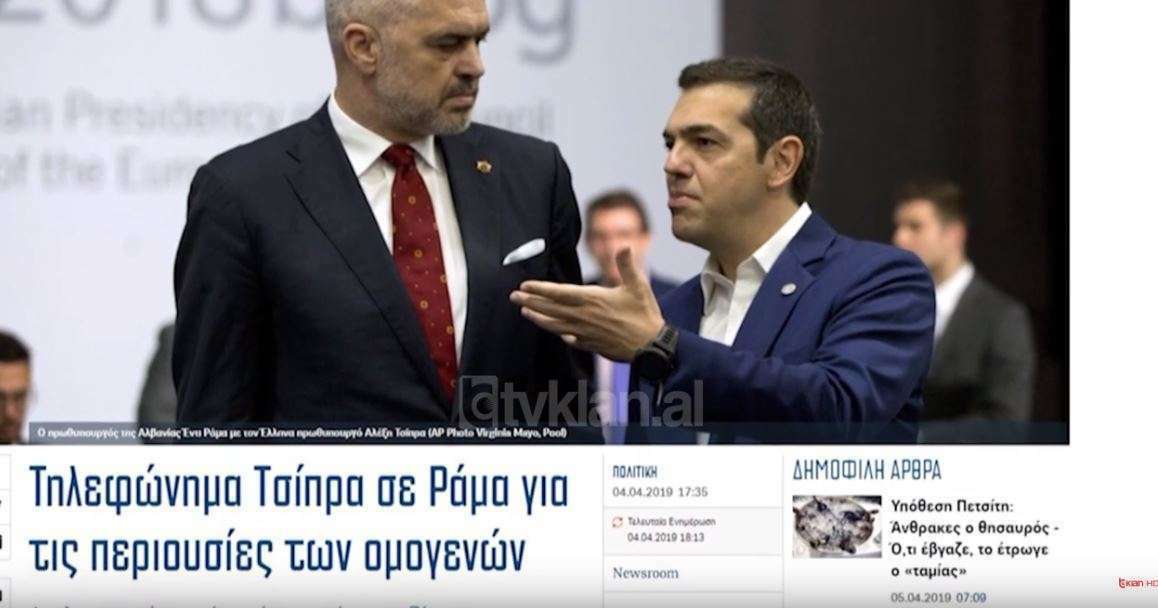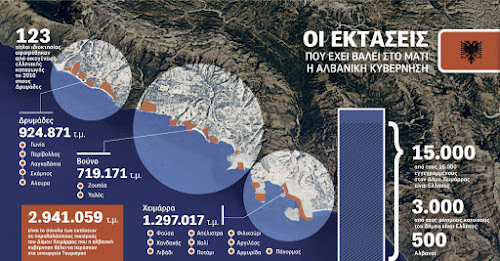by GCT
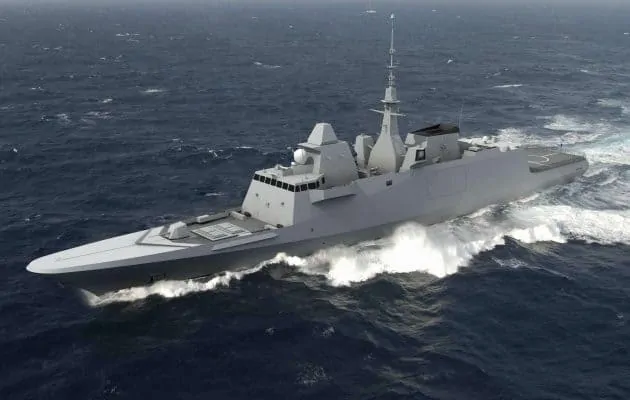
France will lend Greece two state-of-the-art frigates, so that the country can face the current challenges in the Eastern Mediterranean, French media have reported.
According to the media, the issue was discussed during a telephone conversation between Greece’s Minister of National Defence, Nikolaos Panagiotopoulos and his French counterpart Florence Parly.
The reports refer to two French FREMM frigates, built respectively as “Alsace” and “Lorraine” in 2019. They are currently in the final stage of testing and have state-of-the-art area air defence systems. The frigates can also reach a maximum speed of 27 knots.
Further, the two ministers also discussed the 18 French Rafale that Greece will be getting as well as the doctrine of defence assistance, which provides for military support from one country to another in the event of military involvement.
The reports have not been confirmed by the Ministry of Defence.
It is recalled Greece’s Finance Minister Christos Staikouras last week said that the country is ready to spend part of its cash reserves to support its armed forces. “The Prime Minister’s mandate is to reduce taxes as much as possible, to be close to the lower classes and to strengthen the the armed forces’ prevention force,” Staikouras said during an interview with Alpha TV.
Prime Minister Kyriakos Mitsotakis will travel to French Mediterranean island of Corsica on Thursday at the invitation of French President Emanuel Macron.
According to government sources, they will discuss the broader framework of Greek-French cooperation. It is considered very likely that the agreement on the sale of French weapons (Rafale aircraft and more) will be finalized in the conversation between the two leaders.
The French leader seems to aspire to play a leading role in European affairs and has become Greece’s warmest ally, while also being one of the toughest critics of Turkish President Recep Tayyip Erdoğan.
UPDATE:
Contacted by Naval News, the French Ministry of Armed Forces replied: “The Ministry of the Armed Forces has no plans to lease the last two units of the FREMM series to Greece.”
